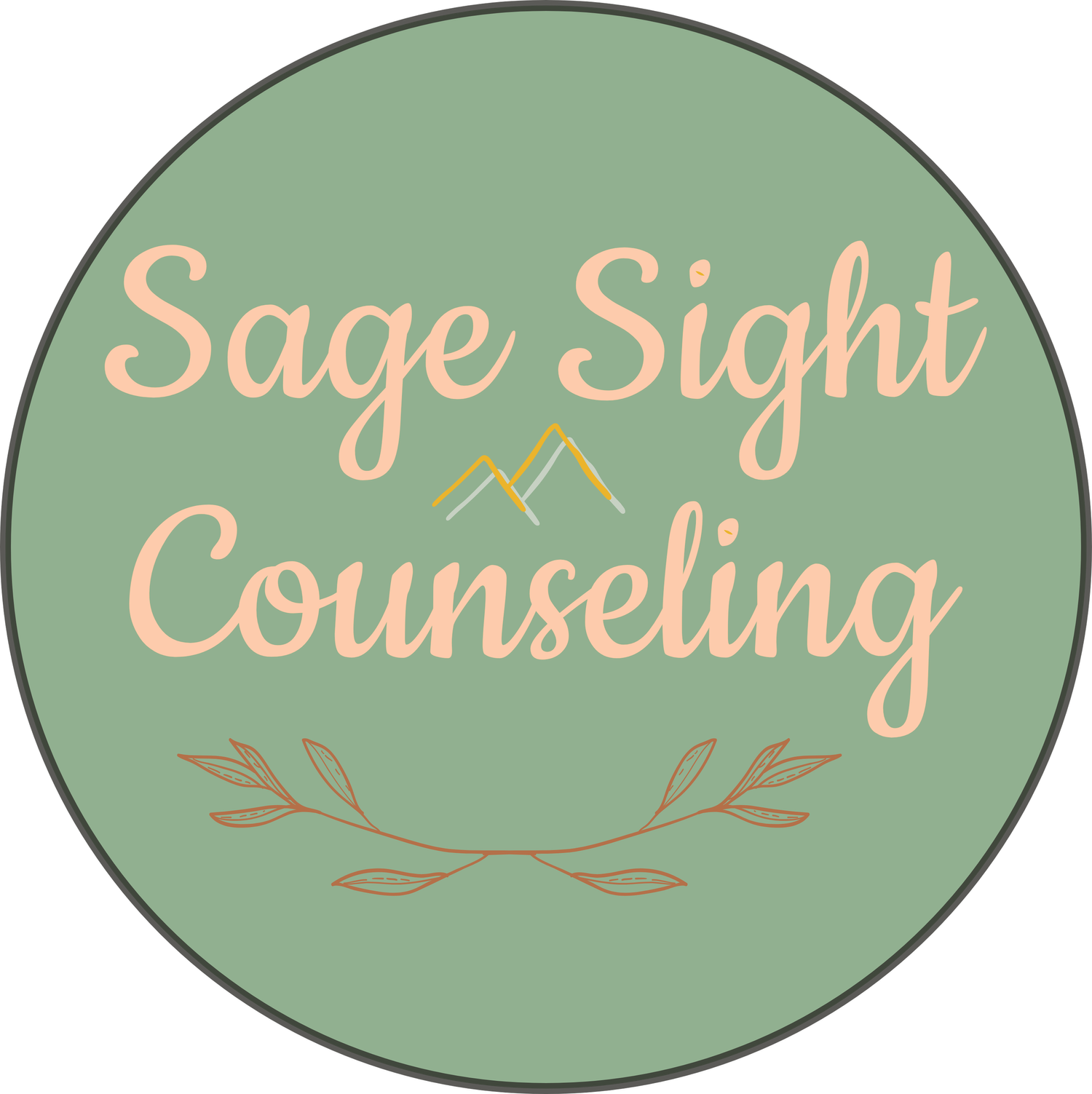
“Trauma replaces our patterns for connection to patterns of protection.”….let’s change that
-
Attachment Theory
Developed by psychoanalyst John Bowlby and later expanded by Mary Ainsworth, is a psychological framework that explains the profound importance of early emotional bonds between infants & their primary caregivers — what has been further identified as our Attachment Style.
Bowlby and Ainsworth’s contributions demonstrate that humans have an innate, evolutionary need to form these close bonds for survival and healthy social-emotional development. When this bond is not developed as such, we form disruptions in our primary Attachment Style.
Attachment Theory emphasizes the quality of our earliest relationships lay the foundation for our emotional well-being, how we view ourselves & others, and how we navigate relationships throughout our lives.
While early childhood experiences are crucial, attachment styles are not entirely fixed, and can be influenced & modified by later life experiences and relationships. We can always evolve and heal towards Secure — which I am passionate in helping people achieve through an integrated Attachment Theory lens.
-
Boundaries & Communication
So often we fall into believing we have set boundaries for other people and then forget all about ourselves in the process. Does ‘wanting to keep the peace’ and ‘wearing many hats’ sound familiar? Or, do you isolate and keep others at a distance? Regardless if it’s the former or the latter, it’s dysfunctional and likely causing stress in your life. Healthy boundaries are about self-respect & self-care, clarifying expectations, and ensuring that our needs are met while respecting the needs of others – within reason.
After self-reflection and identifying parts of your life that are suffering, we can work towards setting and maintaining healthy boundaries through effective communication.
There are different styles of communication - conveying information, ideas, feelings, and intentions. I also integrate psychoeducation on Love Languages in working on communication with clients, as it is all intertwined.
Boundaries are the ‘what’ and communication is the ‘how.’ When implemented together, clear boundaries effectively communicated lead to healthier relationships, reduced stress, and improved personal well-being.
-
Complex Post-Traumatic Stress Disorder & Trauma
Throughout my entire career I have worked with individuals who have suffered from CPTSD, PTSD, and/or some form of trauma. Personally, I do not believe in ‘big T and little T’ traumas. Rather, if it is causing distress and significant impairment in your life, you are struggling with trauma.
The DSM-5-TR has yet to officially distinguish a CPTSD and PTSD diagnosis, but seasoned clinicians can recognize the differences and explain this to you. For example — CPTSD is formed from prolonged, repeated, chronic trauma and presents with more symptoms that are in addition to the ‘PTSD core’. In short, these entail emotional dysregulation, negative self-concept, and interpersonal difficulties.
While PTSD focuses on the direct impact of trauma, CPTSD expands to encompass the enduring effects of prolonged trauma on a person's core sense of self, their relationships, and their ability to regulate emotions.
I highly value my client’s subjective experiences and integrate this into trauma treatment interventions that are specifically chosen for your needs. You were not designed to carry this pain alone – let me help unpack the weight from your shoulders, set it aside, and give yourself a moment to take a breath. Together, we will begin healing these wounds so you can live a happier and more fulfilling quality of life.
-
Generational Trauma
Generational trauma refers to the psychological, emotional, & even biological effects of trauma experienced by one generation that can be passed down to subsequently. This can occur even if these later generations did not directly experience the original traumatic events. Until there is a ‘cycle breaker’, this echoes across the lifespan, families, and communities.
It is impactful to learn which role you played, and/or continue to play, within your family dynamics. Unresolved trauma in parents or caregivers can lead to dysfunctional coping mechanisms, emotional repression, difficulty with attachment, hypervigilance, and a general sense of fear or mistrust. As such, children then observe, absorb, and often internalize or repeat – restarting the trauma cycle for the next generation.
-
Narcissistic Abuse Recovery
No, you’re not crazy!
Narcissistic abuse can come from parents, other family members, bosses, partners, anyone – it does not discriminate. This form of abuse involves several complex layers of different tactics from the abuser – in patterns of manipulation, gaslighting, belittling, and control – physically, emotionally, financially (just to name a few). This can quickly destroy the identified victim’s self-esteem, reality, and emotional stability. The brain fog can feel so thick you aren’t sure which way is up or down.
Recovery from narcissistic abuse and becoming the survivor is absolutely possible! It will not happen overnight, as recovery takes time, effort, and significant self-compassion (stop those self-blaming statements)! It is a journey of reclaiming your power, voice, and identity — and I am able to support you every step of the way. Once the ‘brain fog’ has become clearer, I can help you identity maladaptive relationship patterns/character traits to prevent this photogenic trap. You will discover your profound personal growth and the ability to build healthier, more fulfilling relationships in the future.
-
Post-Traumatic Growth
‘Resilient, bouncing back’ – a phrase that has become quite popular throughout the years. While there is absolutely nothing wrong with being resilient, I want to acknowledge another phrase: ‘bouncing forward’, or Post-Traumatic Growth. This concept refers to the positive psychological change experienced as a result of struggling with highly challenging, stressful, and often traumatic life circumstances, events, and/or people. It's not about denying the pain or distress of trauma, but rather acknowledging that alongside the suffering – you can emerge from adversity with an enhanced emotional, mental, and deeper appreciation for life. Knowledge is power and the “only way out, is through.”

